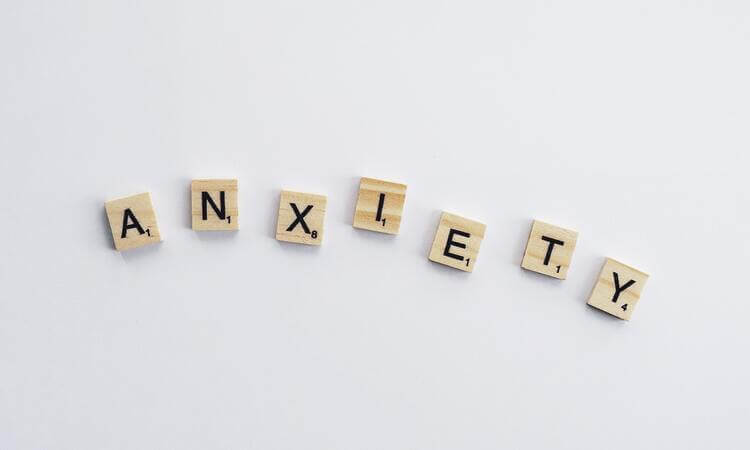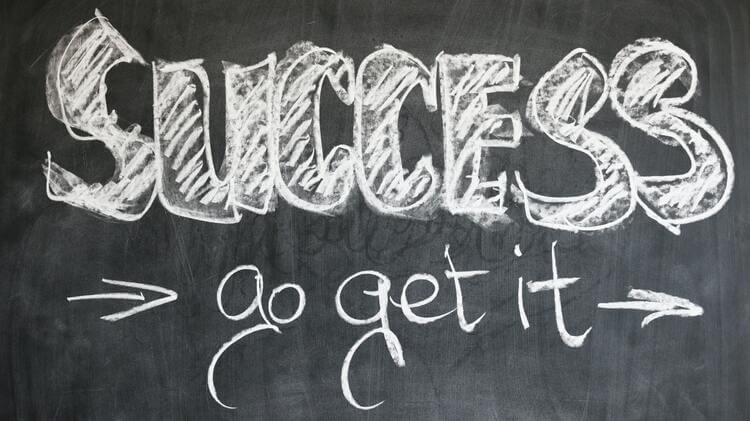12 Ways Money Shame Impacts Your Finances
May 25, 2021
You know that feeling when you're going to buy something and you start to feel self-conscious?
You might not be able to afford the item, or think it's a waste of money.
This blog post will explore 12 ways financial shame impacts your finances.
Money shame is the fear or anxiety that results from judging yourself for how much money you have and what you do with your money.
Perhaps you feel ashamed of making too much money, or you feel ashamed about not having enough.
Money shame affects all of us, but the effects can be even worse for those who have experienced trauma.
The effects of financial shame are not always clear, but it can impact your finances in some very negative ways.
Some common ways that people who experience this make their finance worse include:
- They may refuse to buy anything without a coupon.
- They may avoid buying something because they are afraid it was too expensive.
- They may be afraid to buy something because they fear what other people will think.
- They might not take the opportunity to invest in themselves or their business because they don't feel that they're justified in spending.
- They may show off their money to establish that they have value.
- They may hide that they make a lot of money because they feel bad.
Money Shame usually starts at a young age due to family dynamics and has the power to affect every area of your life from relationships with friends and loved ones to career success.
The effects of this type of trauma are cumulative over time, which can have devastating impacts on finances.
Financial shame can make you afraid to spend money.
Money shame can make you feel you can't spend money because it will be gone before long.
You may feel spending is frivolous, because of the fear that any money spent is wasted or misused.
You may feel as though you don't know how to spend your money well or aren't wise with money and so feel ashamed of your spending habits.
Money Becomes An Emotional Issue
Financial shame often makes your finances an emotional issue.
The shame around your financial situation may lead you to make decisions that aren't in your best interest.
You may make your financial decisions based purely on emotions.
That might mean making investments based on how you feel rather than on a logical cost/benefit analysis. Or it could mean spending based on your current emotional state.
It may also mean hiding your financial reality from those you love because of the strong emotions you feel due to financial shame.
Fear of Lending Money
Money shame can make lending money seem like a dangerous thing.
You may fear loaning other people money because you fear how you'll feel if they don't pay you back.
For example, if someone owes you $50 and refuses to pay you back you may take it personally. Or perhaps you fear loaning money due to your financial situation.
Guilt For Borrowing Money
You may also feel bad when you need to borrow money.
You might feel guilty or ashamed that you don't have the money you're asking for.
You may fear that you're asking too much or that you're putting others out.
Whether you're asking for money from a bank or from your friends or family it may make you feel vulnerable and bad about yourself if you need to borrow money for some reason.

Money Anxiety
Money shame can often lead to fears about your finances which are unrealistic and catastrophic.
For example, you might start to worry that you will always be living paycheck to paycheck. Or you fear that you're about to lose your job and go bankrupt without any evidence that that's the case.
Sometimes this can lead to mental health issues like money anxiety and panic attacks.
For example, one client I knew feared that if she lost her job as a high-level researcher in a university that she would immediately become homeless or have to work in a fast-food restaurant even though she had highly marketable skills.
Withdrawal and Avoidance
People who feel shame or guilt about money may withdraw from other people, leading to a lack of social interaction. This is especially true when they're feeling acute shame about money like when they've made financial mistakes with their personal finances.
This may look like avoiding social situations because you can't order whatever you want on the menu when you visit a restaurant. Or it may mean hiding from your friends and family when you make a poor investment. Or it could mean avoiding looking at your financial reality.
Social withdrawal often leads to a feeling of isolation that leads to more anxiety around money.
Difficulty Saving Money
Money shame may make you feel unable to save any money.
- You may either feel that you should spend all of the money you make immediately because it could be taken from you at any moment.
- Or you may feel that you need to squirrel every dime away.
- Or perhaps you feel like you never have enough money to save or enough money in your account in order to save anything.
- Or maybe you feel perpetually behind in terms of how much you save.
- Or you may feel as though saving is something you'll do later in life and you want to avoid worrying about it now.
- You might not feel as though you deserve to save money, which can make it hard for you to have anything put away for a rainy day.
No matter your approach, these views on saving are not healthy and can result in difficulty with finances.
Fear of Success or Obsession with Success
People with money shame may feel guilty about being successful.
This can create a fear of success.
It may make you be afraid that if you make more money you will somehow be "bad" or no longer a good person due to the characteristics you associate with having a lot of money.
This often occurs when you feel afraid of outearning important people in your life like your partner or your parents.
Alternatively, money shame may make you feel like you have to be successful at all costs.
This may cause you to make choices to cut corners or switch jobs frequently to seek out more financial success.
Connect Your Self-worth With Your Net-worth
Money shame can cause you to closely associate your finances with your self-worth.
You may feel as though your value as a person is connected to your financial success.
If you are not succeeding financially or you've made money mistakes, then this will create internal pressure that there may be something wrong with you as a person.
This creates a negative cycle where it feels more difficult to make money, get out of debt, or start saving money due to feeling this way.
Difficulty Making More Money
When you experience money shame may feel afraid to make more money.
You might feel like any wealth you have is tainted and dirty. Or you may fear that other people will judge you for having a lot of money.
This can end up having a negative impact on your finances because it will make you less likely to want to earn more money.
You may then feel less likely to take risks or invest in yourself.
You also may feel undeserving of making more money. This can stop you from asking for a raise or more money at work. It may result in income stagnation and inevitable financial strain.
Issues Related To Debt
Money shame can also make issues related to debt more difficult.
Money shame can make you feel guilty for taking on debt like credit card debt or student loan debt.
Or it may make you ignore your finances and be unaware of how much debt you're taking on.
Or you may find it difficult to repay debt due to issues with self-worth and fear of making more money we've discussed earlier.
Or you may feel as though debt is bad, even when it's worthwhile like taking a mortgage out to purchase a home.
Inevitably these feelings will result in making mistakes with money that make debt a problem for you.
Overspending
Some people might think that if you are experiencing money shame, then you spend less money. This isn't always the case.
Sometimes, when people experience money shame they spend on things they don't need just to make up for feeling bad.
Whether it's feeling bad about making more money than others so purchasing things for other people.
Or it's feeling shame for not having enough money so spending irresponsibly and creating credit card debt. Or you may try to hide your financial shame by spending more than your budget allows so that the people around you won't know how much debt or lack of wealth you have.
This can be especially bad if you feel critiqued or judged for the things that you buy.
This may lead you to hide your purchases or result in even more financial shame.

Money shame can lead to many financial issues, but it can also lead to financial success.
Successful people have generally dealt with their money shame on some level.
You likely have a lot of things you want to accomplish in your life. But if money shame is getting in the way, then it's time for some changes.
Here are some tips to help you turn money shame into success.
- Identify what triggers that feeling and when you spiral into shame.
- Learn how to cope with shame on an emotional level.
- Have conversations with a trusted person about your personal finances.
- Learn to communicate with your loved ones about your level of pain related to your finances.
- Keep a mental note of how you're feeling and why Journaling can also be helpful in getting your feelings out on paper.
- Take small steps towards embracing your financial success and getting comfortable making more money.
- Learn to name money shame for what it is so that you aren't avoiding it.
- Speaking to a financial therapist or Therapy Informed Financial Planner about financial management and your relationship with money can help you overcome issues you're having with financial shame.
Learn 6 Steps To Healing Money Shame
Would you like more 1 on 1 support to address money shame? Then perhaps Therapy Informed Financial Planning is for the two of you. I invite you to schedule your free 30-minute discovery call today.
Wishing You Healthy Love and Money,
Ed Coambs
MBA, MA, MS, CFP®, CFT-I™, LMFT
Love The Blog Check Out The Podcast
Curious About Your Attachment Style?
Take the Attachment Style Quiz now and learn how it impacts your relationships, finances, and life!



